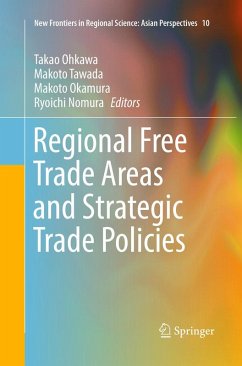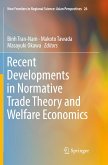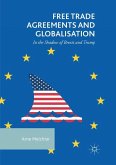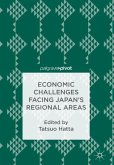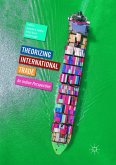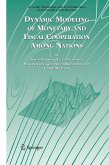This book presents a theoretical investigation of the formation of regional free trade agreements (FTAs), the behavior of global enterprises, and government trade policies in various game forms including multi-stage games, repeated games, and timing games. In the last few decades, the number of FTAs has been rapidly increasing in the world, especially in Asia. In particular, East Asian countries are expected to be main engines for sustaining the world economy. Focusing on East Asian economies, strategic behaviors of governments and firms in order to attain their own aims are examined. The analytical methods employed in this book are those currently being developed or that recently have been created. The topics are important contemporary issues in regional areas facing the rapid economic changes brought about by globalization. Most chapters of this book are based on original work that was published in international journals but now has been completely rewritten, with restructuringand extension of the original work. This book, with its up-to-date information, will be of interest to academic researchers in universities and economic research institutions and to students working on advanced degrees in economics.

